050818_YKMV_A10.pdf








May 8, 2018 • Page 10
shop online at www.missourivalleyshopper.com
SDSU Professors Collaborate To Publish
Conservation Biology Book
BROOKINGS, S.D. - Experience from 30
years of work led two South Dakota State
University professors to collaborate with
other experts in conservation biology to
publish a book titled, “Genetic Management
of Fragmented Animal and Plant Populations.”
“Climate change has created potentially
disruptive situations which means we have
to learn to manage many plants and animal
populations,” Charles Fenster, professor in
the Department of Biology and Microbiology at SDSU, said. “One example is that
certain species found on the tops of mountains in the American southwest hundreds
of years ago are now found in places such
as the Black Hills. Species have evolved to
adapt to changing conditions. The alternative is that they become extinct.”
Work on the book started in 2011. The
book provides valuable insight into how
management of fragmented plant and
animal populations can improve through
practical applications of conservation biology. Whether to maintain genetic isolation
is a major issue for managers of wild animal
and plant populations.
Fenster and Michele R. Dudash joined
others to co-author the book. Dudash is a
professor and Head of the Department of
Natural Resource Management in the College of Agriculture and Biological Sciences.
She is a population biologist. Her research
focuses on both the ecological and genetic
factors responsible for a population's persistence or demise in nature.
Fenster developed an early interest in
population dynamics and genetics. He has
focused on the conservation of biodiversity,
which this book represents. His current
work focuses on the origin of genetic diver-
sity through the study of mutations.
Dudash and Fenster are experts in
the field of inbreeding and documenting
the consequences of crosses to alleviate
inbreeding. They have worked at various
locations across the United States, earning
respect for their research and developing
relationships with other scientists conducting similar work. They accepted positions
at SDSU in Brookings in 2015 and have
continued to collaborate with experts in
their field.
The work of the couple led them to join
forces with Richard Frankham, Emeritus
Professor, Department of Biological Sciences, Macquarie University, Australia and
Jonathan D. Ballou, Scientist Emeritus,
Smithsonian Conservation Biology Institute,
Smithsonian Institution and others.
Frankham encouraged them to develop
a paper on the subject of genetic management and that idea grew into the fundamental premise for this book. That original
work has been cited over 300 times since
2011, providing the foundation for the book
which called on the talents of this group of
authors.
The value of the book comes from its
use as a tool to teach conservation biology,
conservation genetics, and wildlife management, Dudash said. The authors predict
that between 3,000 and 5,000 copies of the
textbook will provide the basis for upper
level graduate students to understand the
fundamentals of managing populations for
the future.
By making people aware of the impact
of changes, habitat can be restored. This is
what is happening with the Dakota skipper
butterfly.
“We need to get the word out and try to
Springfield Plumbing
23 years in the business
Rick Prescott
Master Plumber
actively manage populations or we let the
situation continue and watch the species
disappear,” Dudash said. “There are many
populations that have adapted to their environments. Thus there is some fear about
introducing genetic variation from populations that are hundreds of miles away.”
Fenster said prairie chickens thrive
in the Midwest. However, in Illinois, the
grassland environment where the prairie
chickens occur have been replaced by
fields of corn and soybeans. Consequently,
the few remaining populations are isolated
from one another as they exist in similarly
isolated patches of prairie. There has been
very little hatching success in that area,
leading to fewer and fewer birds, likely associated with loss of vigor following mating
between relatives. Introducing genotypes
from another state restored genetic diversity and hatching success improved. The
authors indicate that same dilemma is increasing and is faced by tens of thousands
of species. “We are not advocating for a
change in farming practices,” Dudash said.
“We want to create an awareness of what is
happening and why it happens.”
Dudash and Fenster point out in the
book that inbreeding difficulties with
wildlife can be understood by looking at the
selective breeding that takes place in cattle
herds. If animals are too closely related,
deformities such as dwarfism can result. Another example would be the concern about
dogs developing hip problems and genetic
abnormalities that occur at puppy mills.
Fenster said outbreeding depression can
occur as a consequence of animals that are
brought together from different areas in an
effort to maintain the integrity of species.
The offspring of that union may perform
less well than the individual parents.
However, the book demonstrates that even
if mixing is at first deleterious, populations
can recover and eventually thrive. It’s an
important paradigm shift in thought.
Collaborating on the book has been very
rewarding, Dudash said. “We have worked
as a team to write and edit every chapter
to make sure it is intellectually engaging
and reader-friendly. It has been a wonderful
experience to meet and learn from others in
this field.”
“We are proud to be associated with
SDSU and South Dakota,” Dudash said. “People know we are a resource. To get started
on proposing sound genetic management
decisions, we first had to pin down a definition of what is a species for conservation.
There are more than two dozen definitions
of what is a species. We needed to identify a
practical definition. Thus we wrote a paper
on this topic, which has been adopted by
the International Union for Conservation of
Nature and cited over 100 times since 2012.
That work has been incredibly impactful
at the global scale, impacting management
around the world, which is pretty exciting.”
Next chapter
“We are in the process of working on a
second book, which will be more a primer
focused at individuals who are actively
engaged in the management of species and
their habitat,” Fenster said. “The work can
apply to many systems in South Dakota. An
example would be the Badlands and need
to manage the habitat for the black-footed
ferret. The book will provide the fundamental principles with recommendations
for managers. It will provide specific ideas,
much like a cookbook."
South Dakota Celebrates National
Travel And Tourism Week
(605) 369-2224 - Office
(712) 253-3194 - Cell
PIERRE, S.D. – The South Dakota Department of Tourism
the tens of thousands of South Dakotans who are employed
is aligning with the U.S. Travel Association, South Dakota
in the industry.”
communities, chambers of commerce and convention and
Nationwide, the tourism industry supports the livelihoods
visitors bureaus to celebrate National Travel and Tourism
of more than 15.6 million Americans. Spending by travelers
ricksplumbing1@yahoo.com
Week, May 6-12.
throughout the U.S. currently totals over $1 trillion annually.
604 10th Street, Springfield, SD 57062
“Tourism in South Dakota has been positively impacting
In South Dakota visitors spent $3.9 billion in 2017, which
our state for generations,” said Gov. Dennis Daugaard. “From
sustained a total of 53,984 jobs, or 8.9 percent of all jobs in
Licensed & Insured
the first blasts on Mount Rushmore $30 onMemorial that AC the state.
Save National a Summer
Tune-Up!
piqued visitors’ curiosity,
“This week is about celebrating the positive impact that
to new attractions opening
tourism has on our state, our communities and our families.
up all across the state every
It’s also a time to put a spotlight on the thousands of South
year, tourism is an economic
Dakotans who work in the tourism industry and provide the
Just give us a call state and we
driver in our and we’ll
friendly, world-class hospitality that we have become famous
SENSATIONAL
Offer Expires
are proud to celebrate it with for,” said James Hagen, Secretary of the Department of Toursend out a qualified
May 28th
ism.
Receive A Bass ProShops/Cabelas Gift Card With Purchase of Selected Boats Only During This Event!
National Travel and TourService Technician like
ism Week is in its 35th year
2018 TRACKER
2018 SUNTRACKER
2018 SUNTRACKER
Tyler, to make sure your
and is an annual acknowledgpro guiDe v-165 wT parTy barge 20 DLX
SporT FiSh 22 DLX
ment of the impact of travel
AC unit is ready for those
on states, regions, cities
TREE TRIMMING, Dakota
and the entire United States.
hot summer South REMOVALS & TRANSPLANTING
Tyler Reiser
During the first full week in
TREES FOR SALE
days and save $30!*
May each year, communities
Service
EVERGREEN • SHADE • ORNAMENTAL Technician
nationwide unite to showcase
13 years experience
the impact of travel.
NEW
NEW
NEW
Yankton 605-260-1490
The South Dakota DepartHartington 402-254-6710
$
$
$
25,395
22,995
21,495
ment of Tourism is comServing Southeast SD & Northeast NE for 20 Years
Your price with options freight and prep Your price with options freight and prep Your price with options freight and prep
prised of Tourism and the
$
$
$
Kent & Kyle Hochstein • Licensed Arborists
South Dakota Arts Council.
www.hartingtontree.com
The Department is led by
with Mercury 115 HP EXLPT 4S CT
with Mercury 115 HP XL 4S
with Mercury 90 HP ELPT 4S CT
Secretary James D. Hagen.
Plus $1,000 Bass Pro Shops/
TYNDALL MOTORS
SUMMER BOAT SALES EVENT
Hartington Tree LLC
31,220
24,795
NO HAGGLE ~ NO HASSLE
Cabelas Gift Card
26,850
Plus $500 Bass Pro Shops/
Cabelas Gift Card
See our full inventory at tyndallmotors.com
When You Want Comfort...You Want Kalins
When You Want Comfort… You Want Kalins!
Call: Dan, Tom or Katie at 605-589-3441 • Toll Free 1-888-589-3441
Vermillion: 605-624-5618
406 West Hwy 50 • Tyndall, SD • Hours: Mon.-Fri. 8 a.m. to 5:30 p.m. • Sat. 8 a.m.–12 noon
*Rebate offer only available to Vermillion Light & Power customers.
Call for full details.
69 years as a Premier Lennox® Dealer
96 years in the Business
400 years of Heating and Cooling Experience
Stop at Kayton International, Inc.
For ALL your DEF Needs...
(Diesel Exhaust Fluid)
= Your #1 Choice in Yankton!
Yankton
Vermillion
Sioux City
605.665.4348 605.624.5618 712.252.2000
kalinsindoor.com
CNH DEF is
BEST
VALUE
1
$ 56
per Gallon
CNH Diesel Exhaust Fluid (DEF) - DEF is a
nontoxic solution made up of purified water and
pure automotive grade urea. DEF is not a fuel
or fuel additive.
• Stable, colorless and non-polluting
• Not hazardous by any published
EPA guidelines
• Non-toxic and non-flammable
• Meets ISO Standards 22241 for purity
and composition
• Is an American Petroleum Institute (API)
certified diesel exhaust fluid. These are
the highest quality and safety standards in
Ask how you can receive place to ensure optimum SCR performance
75 gal of DEF for FREE! • Does not require special handling
KAYTON INTERNATIONAL, INC.
Web Site: www.kaytonint.com
2630 State Hwy. 14, Albion • 402-395-2181 • 800-248-2215
1211 W. 2nd, Crofton • 402-388-4375 • 800-798-4376
West Hwy. 275, Neligh • 402-887-4118 • 800-247-4718
Treasure Awaits! Shop Classifieds
319 Walnut St. • Yankton, SD 57078
605-665-5884
www.missourivalleyshopper.com






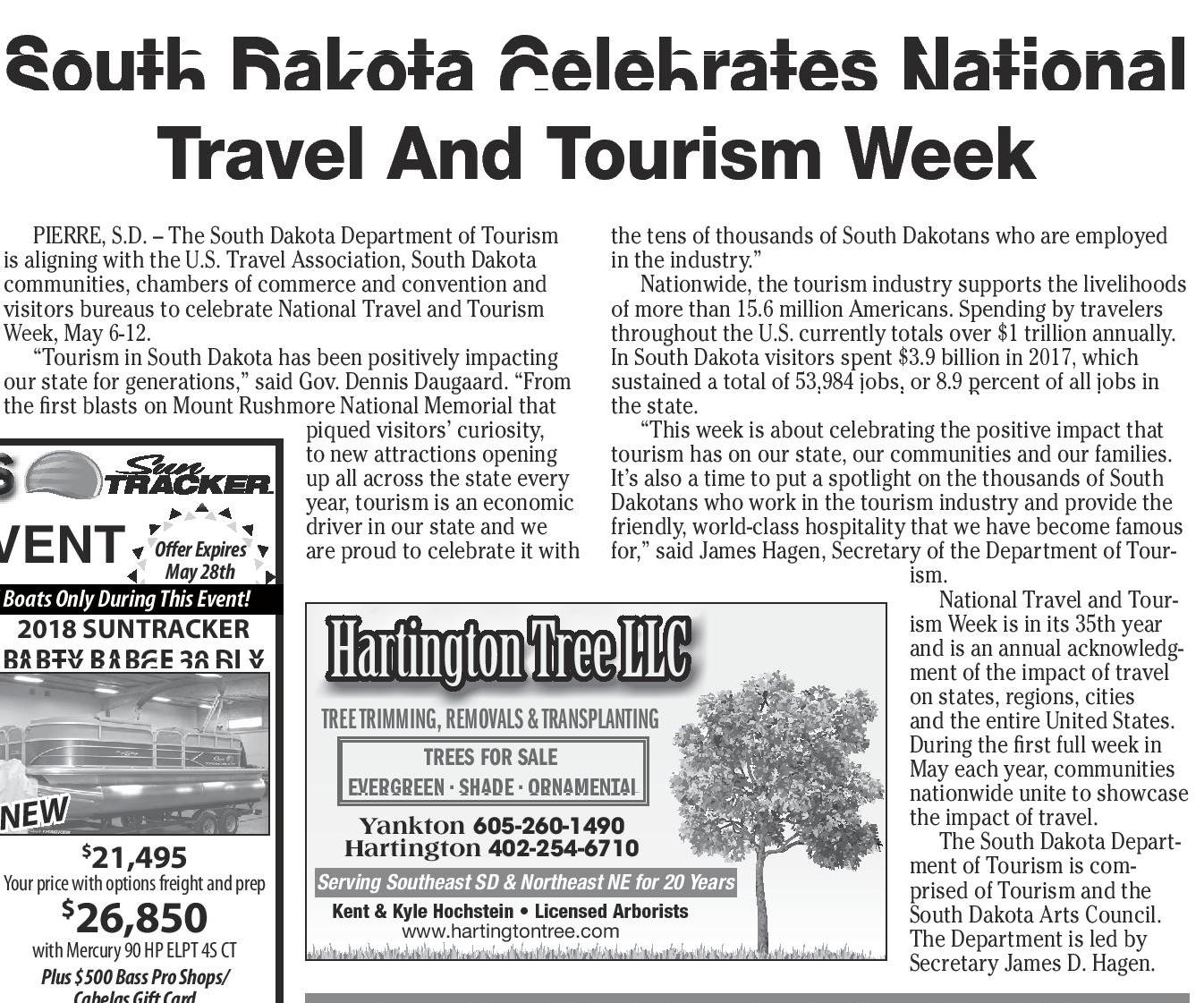
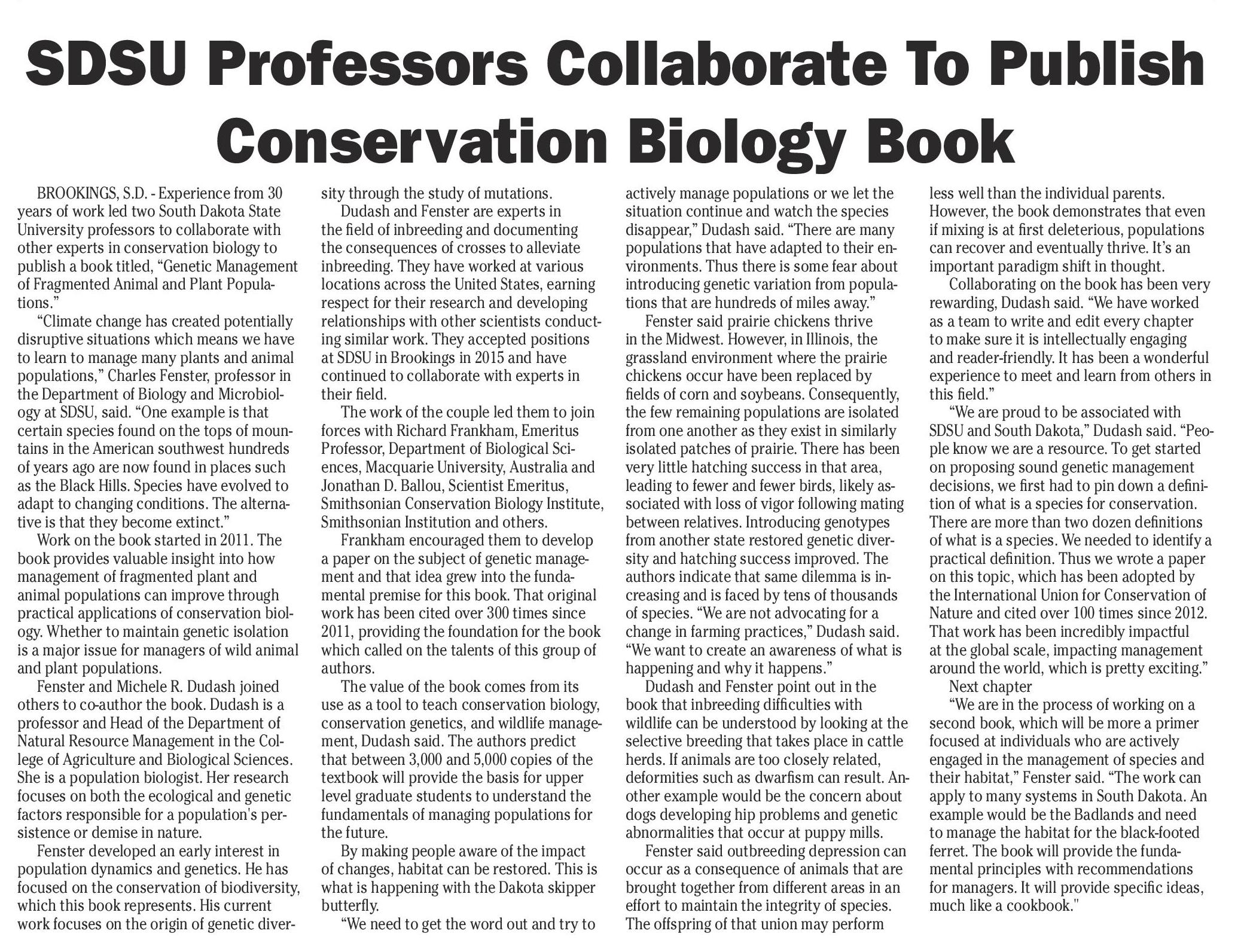



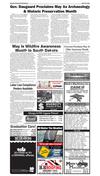




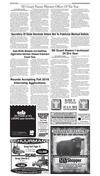

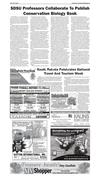
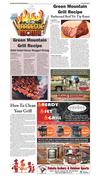

 Previous Page
Previous Page





